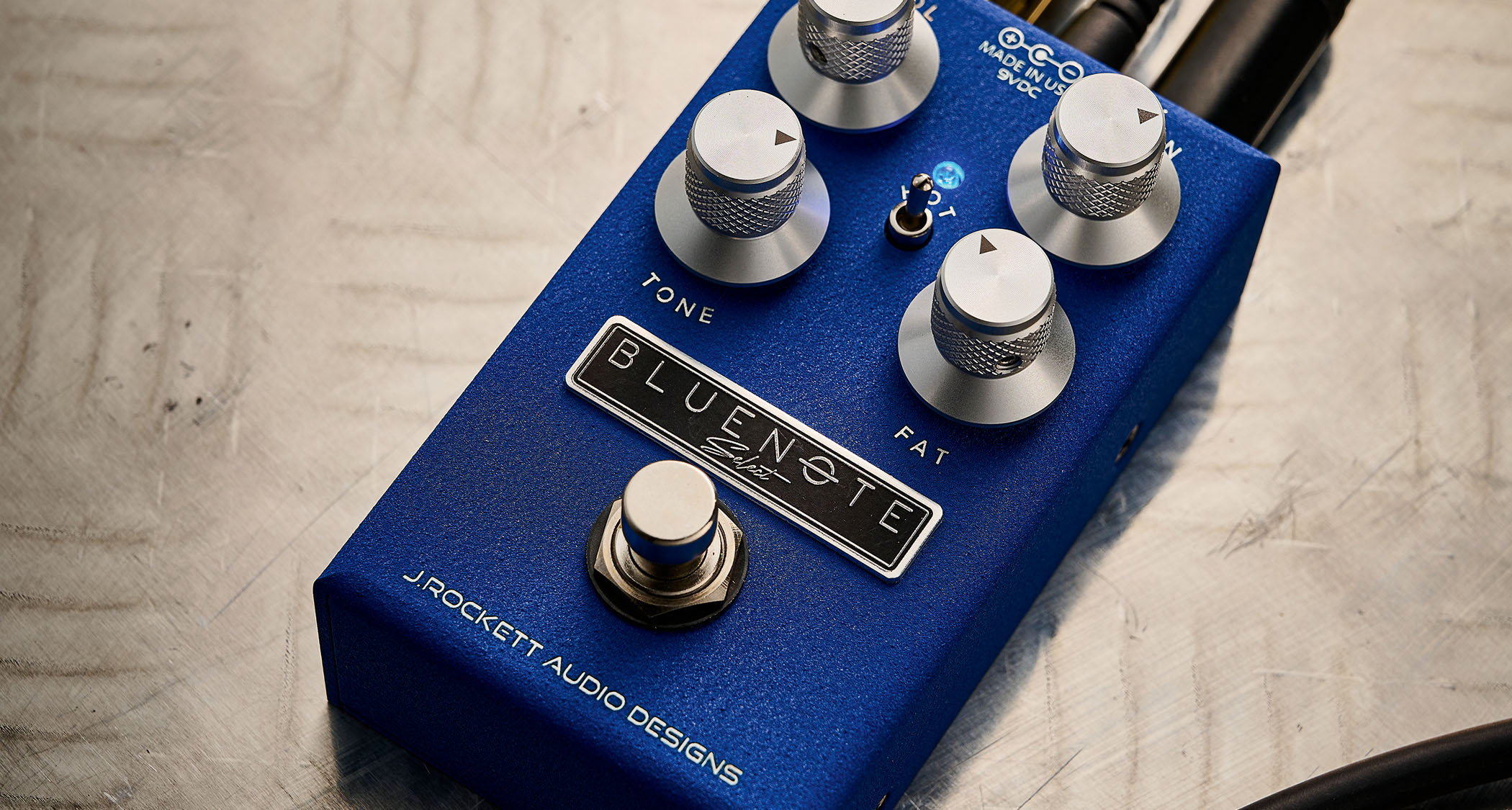Interview: Rick Springfield Talks Vintage Guitars and His New Album, 'Songs For the End of the World'
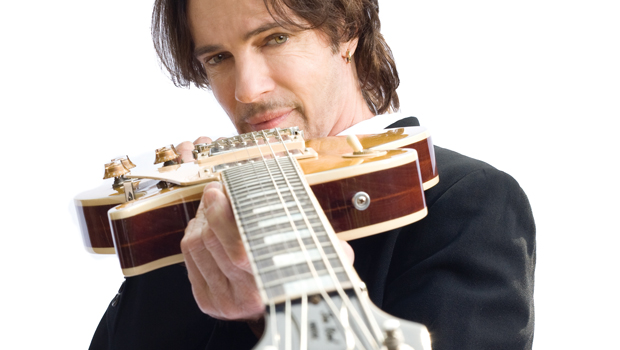
Rick Springfield's new album, Songs for the End of the World, is custom made for collectors.
There are four different versions of the album, each with its own steampunk-themed cover art and unique bonus content.
It's a concept that seems perfect for Springfield, who's a serious collector by nature, especially when it comes to vintage — and often offbeat — guitars. His collection includes a '61 Strat, a '60s Hofner bass signed by Paul McCartney, plus several '60s and '70s Gibsons, a '69 Rickenbacker 12-string and more.
But Springfield also owns several quirky, lesser-known European models — from a Framus Hollywood to a Hofner Galaxie — some of which he owned as a kid, sold and eventually tracked down and re-bought as an adult.
We recently chatted to Springfield about his influences, his lifelong obsession with guitars and his new album, which came out today, October 9, via Universal Music Enterprises.
GUITAR WORLD: I know you have several vintage and offbeat guitars, including a '60s Framus Hollywood and a Kay Red Devil, not to mention very cool vintage Fenders and Gibsons. What are some of the stories behind them?
Well, I re-bought a bunch of them. I got rid of them at different points in my life and went out and re-bought them. A lot of them are European guitars. I grew up in Australia, where we didn't have the really good ones. The first guitar I ever got was for my 13th birthday. My parents bought it for me. It was like this $5 thing … I probably sawed it lengthwise in half trying to make a Strat out of it. The first "name" guitar I got was an electric guitar, the Framus Hollywood. It was cool.
Get The Pick Newsletter
All the latest guitar news, interviews, lessons, reviews, deals and more, direct to your inbox!
Who influenced you when you were growing up and getting all these European guitars?
The Beatles, for one. Certainly growing up in England and Australia, we were among the first ones to get them. We still harken back to them when we're running out of ideas in the studio [laughs]. And then there was Hank Marvin, the first English guitar hero. His was actually the first Strat in Europe, I think. It's a very famous guitar; I think one of the other band [The Shadows] members has it now.
Growing up at time, I was living in England as a kid. I used to cut guitars out of a piece of cardboard to copy the Strat look. I used a backwards tennis racket for a while and graduated to the cardboard cutout. I mimed The Shadows' records in my living room window in England. That was my first performance.
I know you published your autobiography recently [2010's Late, Late at Night … : A Memoir], and some of the songs on the new album have an autobiographical feel. Do the songs come from personal experiences?
Yes, all my songs come from personal experience and relationships. I've never been one to just make up stories, so they're very autobiographical. All my stuff is. The album is called Songs for the End of the World, and it's got a grander scope as far as the idea goes, but it's still got its personal level in terms of the ideas for the songs.
Is that you playing lead guitar on the new album?
Some of it is. It's also my guitar player, George Bernhardt, and Tim Pierce, who actually was my guitar player from the '80s. He's a session player now. He played some stuff too. And Matt Bissonette, my bass player, is also a great guitarist. I'm surrounded by great guitar players. So it's kind of a conglomeration. In terms of who plays what, it's usually based on whoever gets the right sound.
You're often considered a singer, songwriter and actor, but "lead guitar player" doesn't seem to get mentioned enough. Yet the solo you played on "Jessie's Girl" — or you're playing it in the video — is very tasty and well constructed. Do you consider guitar solos mini-compositions?
Actually, I didn't play the solo on "Jessie's Girl." That was Neil Giraldo [laughs]. Yeah, he's a good friend. We have a long history, he and I. It's actually a very poppy progression, and he was great at constructing solos. I construct solos the same way. I mean, they should be a part of the song, not just a moment to just go off and start playing anything. It has to be cohesive with the song. But yeah, Neil played that one, so I can't claim that one. My original solo in that demo was actually about five minutes long [laughs].
The word on the street is you wrote that song on a 1969 Gibson SG.
Yes, I did. It was my original SG, the first "good" guitar I ever owned. I still have that guitar.
What gear are you using on the new album?
There's a '59 Strat that's got a great sound. Most of the time I used the Bogner Shiva amp. And sometimes we used software. There are actually some advantages to mixing the software amps with real amps; they cover a really good sound range.
As for guitars, it's a mix. I've got an old Gibson 175, I used the SG, a Duesenberg 12-string and Duesenberg 6-string I'm fond of. They're kind of like boutique amps; not a lot of people know about Dusenberg, I think, but they're really good. It's really one of the coolest 12-strings I've ever seen.
What effects are you into at the moment?
I'm just a straight-into-the-amp kinda guy. I've never been really big on pedals. On the album, we put a lot of the effects in afterwards. We recorded the whole album on tape and transferred it to Pro Tools.
Tell me about the album's four different album covers.
We came up with a great cover, and the record company got all nervous because it was steampunk, and I think they kind of freaked [laughs]. So we did the four new covers, which is kinda cool because I'm a collector, and I thought it would be really cool to give extra content in each one. So we added extra songs, things that weren't considered for this record, plus a bunch of downloads and downloadable video, acoustic versions of the songs — trying to make it as interesting as possible. But it all started with the covers.
I've heard one bonus track, your cover of "Jet" by Paul McCartney & Wings. In terms of your Beatles influences, was it mostly Paul or John for you?
They both were big. Paul was good originally, but in retrospect, the songs I often go back and listen to are "Strawberry Fields," "I Am the Walrus" and a lot of the more intricate John songs. As you get older, you start to dissect the songs. Especially with all the multi-tracks that are going on, it's pretty amazing what they did. It's very unique, and I can never get enough of it.
OK, so speaking of your being a collector, do you still consider yourself a collector of vintage guitars?
Yes, I have guitars all over my house. I have them on the walls. I'm a guitar whore. When I walk into a guitar store, I get the same feeling as when I was 15. I still get that rush. I think they're beautiful. I love the way they look and the fact that they promise a unique sound.
I was just in Australia because a friend of mine passed away a couple of weeks ago. I just wondering into a store and played an old Jazzmaster. I've always wanted one and had never played one before. It was incredible, another example of all the sonic differences out there. Even the old European guitars I've got, like the Hofner and the Framus, they all have their own sound.
Is there one guitar out there you're always searching for, your "white whale," to quote a Seinfeld episode?
Well, a really good Jazzmaster would be nice. I'm gonna get one! It took me 12 years to find all the guitars I had as a kid, and the last one was actually an Australian guitar I had. It was by a company called Maton, which now makes acoustic guitars. I was a big Maton player.
I have to ask about your dog, Lethal Ron, who appears on the cover of Working Class Dog. Of course he's dead now, but do you still have a dog from his lineage? Maybe his grandson?
No, he was a one of a kind. Actually, toward the end of his life, I tried to breed him, but it was too late and he was shooting blanks, unfortunately. He was an amazing dog. I really had to fight for that cover, and the album went on to win a Grammy.
Do you still have that white Strat in the "Jessie's Girl" music video?
I don't. It's actually hanging on a wall in a Hard Rock Café somewhere. Someone had it, I don't remember how they got it. I remember trading it after I'd recorded the album. On Working Class Dog, I used that Strat and a Les Paul Custom I still have, but I traded the Fender afterwards -- for something, I don't know what. And somehow they found it based on looking at the wood grain, the neck and the swirls on the pickguard from the video. It was up for auction, and I was thinking of getting it — but I couldn't bring myself to pay for my own guitar, so someone else got it.
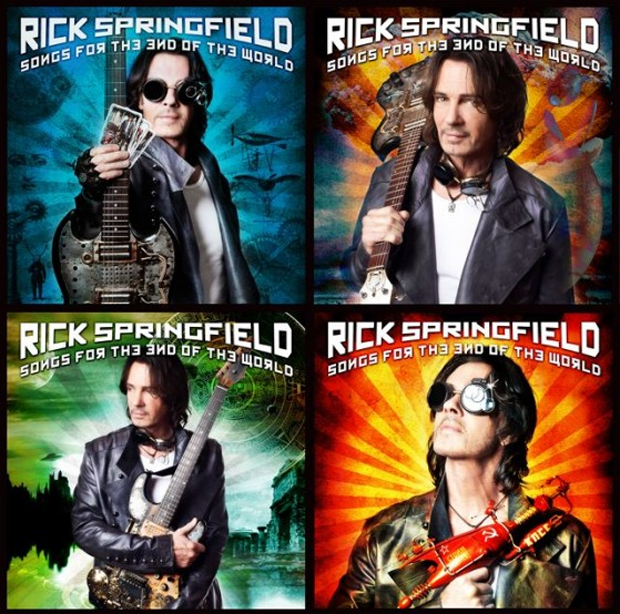
They say the out-of-control Rick Springfield character you recently played on Californication was just a bastardized version of yourself. True?
Yeah, pretty much. They just wanted a rock and roll deviant with some history to him. I think the hardest thing to play on TV is a rock and roll guy with some credibility. They always come off like they were written by some writer in an office somewhere. A part of that was, inspired by reality TV, they wanted to get a real name in there -- so I told them to go for it, don't be afraid, don't hold back -- and they didn't.
Rick Springfield's Guitars
Springfield sent us this partial list of his guitars. Check out the photo gallery below for pics of four models.
• '60s Framus Hollywood (See photo below)
• '60s Hofner Galaxie (See photo below)
• '60s Kay Red Devil
• '65 Fender Mustang (See photo below)
• '60s Maton Wedgetail (A vintage Aussie guitar; see photo below)
• My original '69 Gibson SG that I wrote "Jessie's Girl" on
• '74 Gibson Les Paul used on most of Working Class Dog
• '61 Fender Strat
• '49 Kay
• '60s Airline I use for slide
• '69 Ricky 12-string
• '50s Gibson J-45
• '60s Gibson ES-175
• '60's Hofner violin bass signed by Paul McCartney
• New Gibson Les Paul signed to me by Les Paul
• A Squire signed to me by my hero, Hank B. Marvin of The Shadows
• And maybe some other stuff!
Keep up with Rick Springfield at his official website and Facebook page.
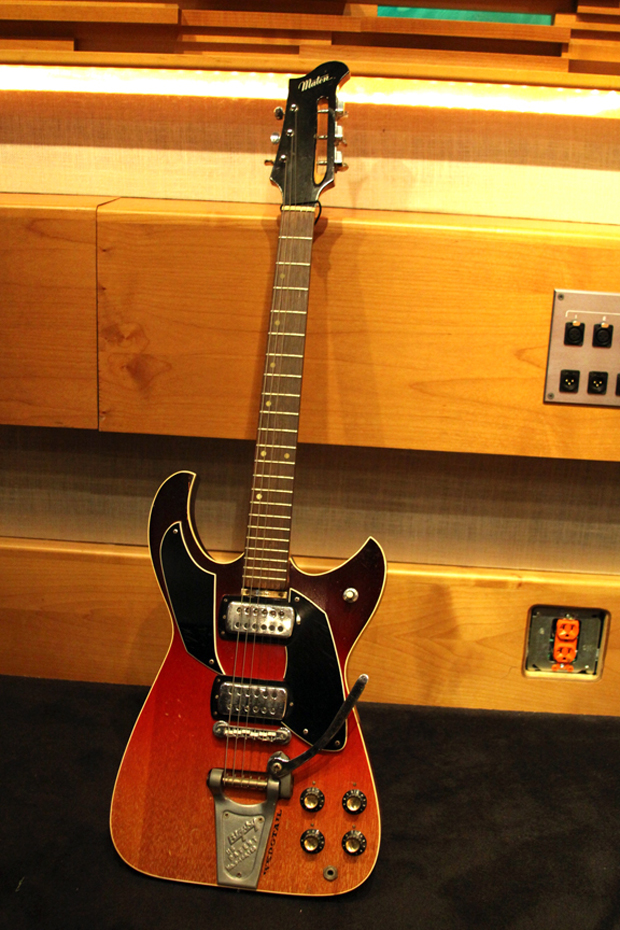
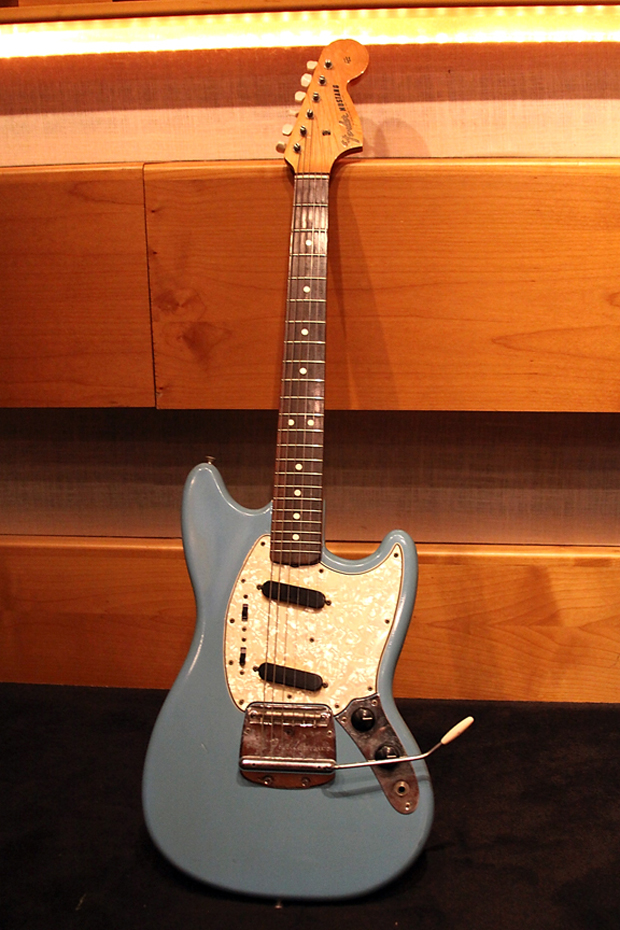
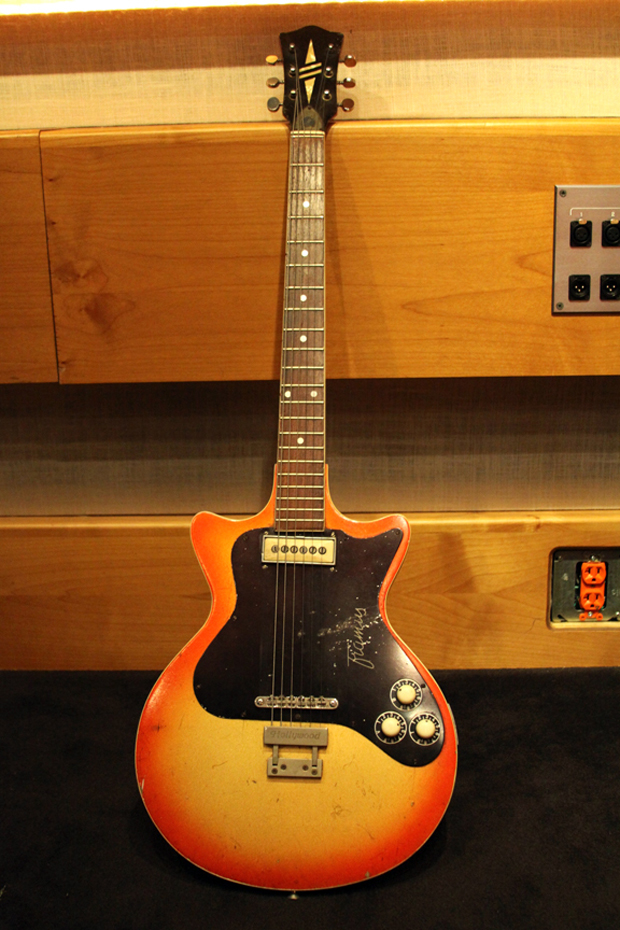
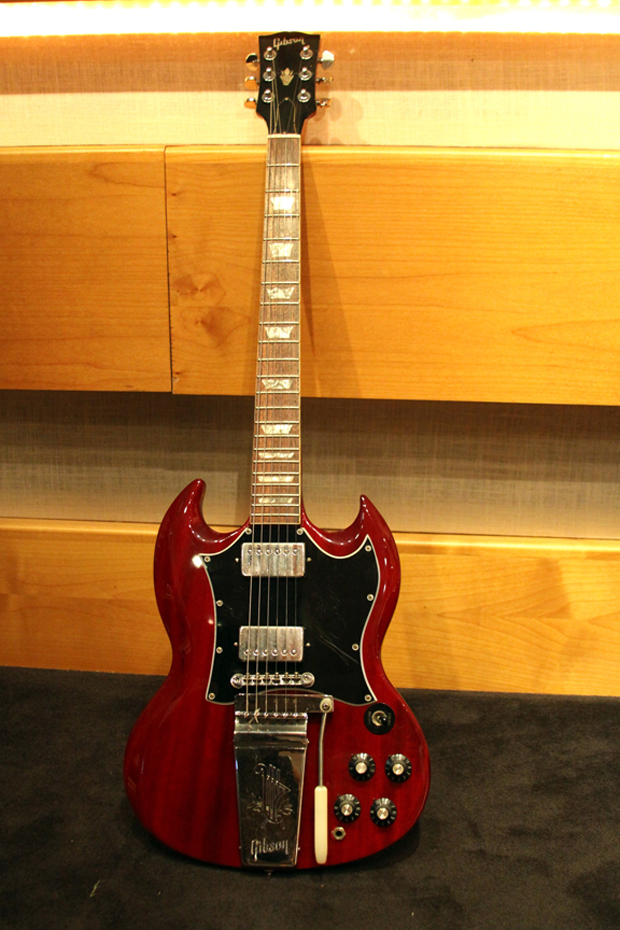
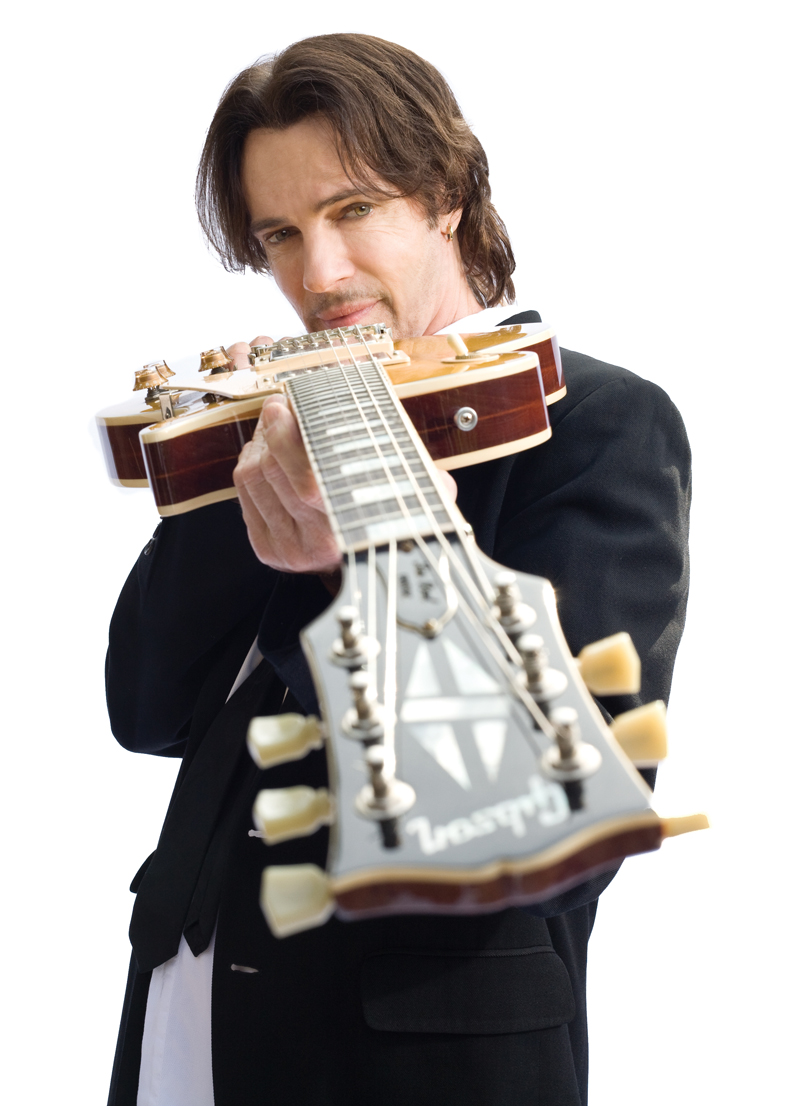
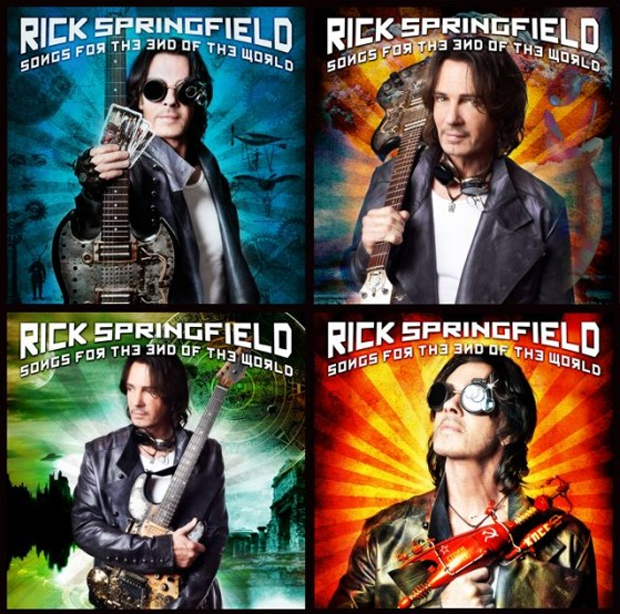

Damian is Editor-in-Chief of Guitar World magazine. In past lives, he was GW’s managing editor and online managing editor. He's written liner notes for major-label releases, including Stevie Ray Vaughan's 'The Complete Epic Recordings Collection' (Sony Legacy) and has interviewed everyone from Yngwie Malmsteen to Kevin Bacon (with a few memorable Eric Clapton chats thrown into the mix). Damian, a former member of Brooklyn's The Gas House Gorillas, was the sole guitarist in Mister Neutron, a trio that toured the U.S. and released three albums. He now plays in two NYC-area bands.










